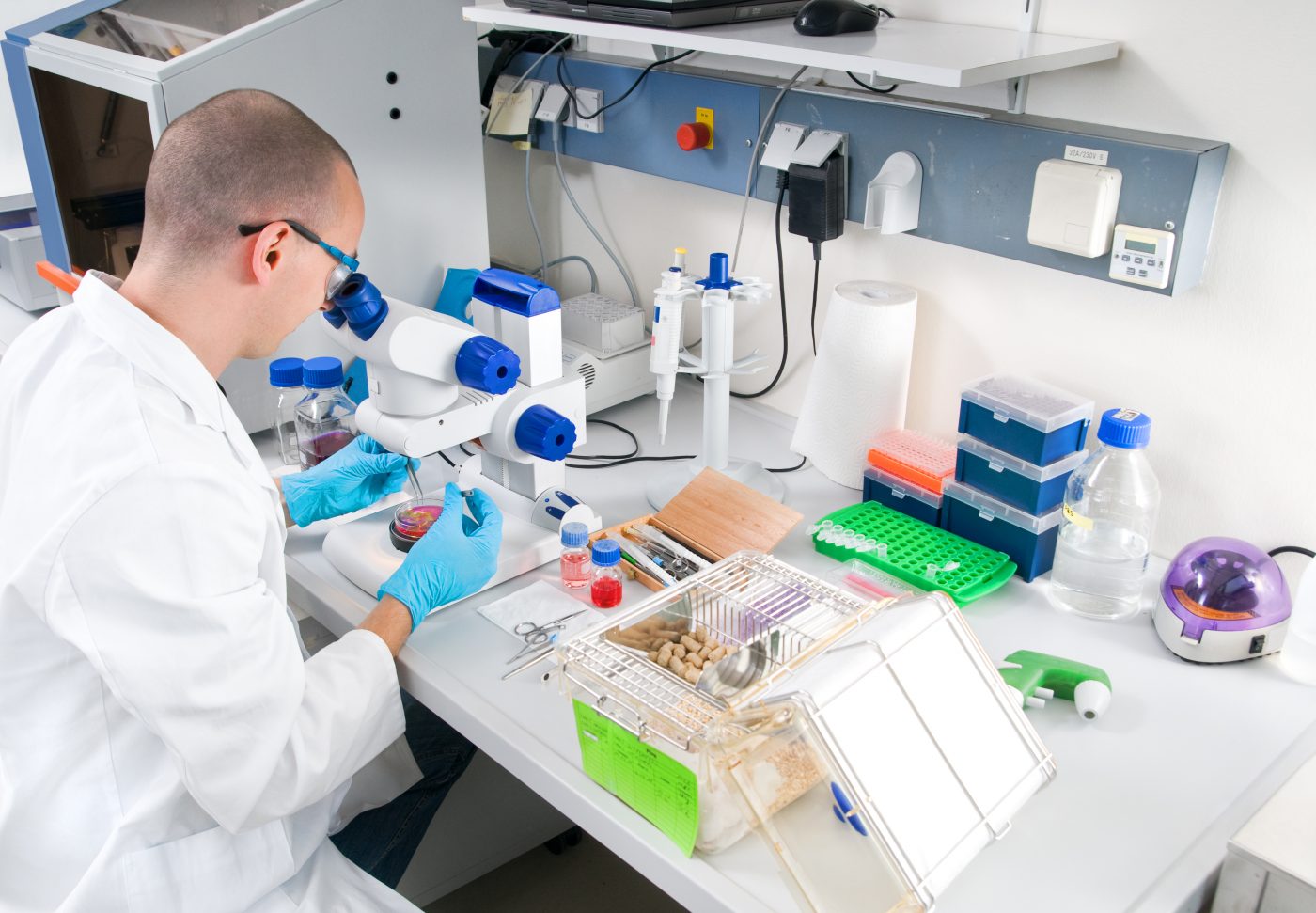Kadmon Corporation Reveals Promising Data on Experimental Lupus Therapy

Kadmon Corporation, LLC, a biopharmaceutical company focused on autoimmune, fibrotic, metabolic diseases and the oncology field, recently announced promising preclinical data on its KD025 drug in the treatment of systemic lupus erythematosus (SLE). The data was presented in May 2015 at the American Association of Immunologists (AAI) Annual Meeting, and will now be presented on June 25 by Dr. Jonathan Weiss at the 2015 Federation of Clinical Immunology Societies (FOCIS) Annual Meeting, in San Diego, California. The presentation is entitled “ROCK2 signaling is required for development and function of T follicular helper cells in SLE” (Abstract #3586).
SLE is a severe autoimmune disease in which the body’s own immune system overreacts and attacks through autoantibodies healthy joints and organs, resulting in inflammation, swelling, pain, disability and often in tissue destruction in multiple organs.
KD025 is a potent and highly selective inhibitor of ROCK2 (Rho-associated coiled-coil kinase 2), an important protein whose deregulation has been reported to contribute to SLE pathogenesis. KD025 was found in several preclinical models to be a potential new therapeutic strategy for SLE and other autoimmune diseases. The drug is currently in Phase 2 clinical development.
Researchers found that oral administration of KD025 in mice models resulted in a substantial clinical improvement and blockade of SLE disease progression. Furthermore, the team discovered the cellular mechanism underlying ROCK2 inhibition and the subsequent immune response. ROCK2 is able to control the development and proper functioning of immune T follicular helper (Tfh) cells, which are in turn crucial for the generation of high-affinity antibodies and B cell memory. Tfh cells are abnormally activated in SLE patients and mouse models of the disease, therefore, inhibition of ROCK2 can potentially improve the deregulation of the immune response in SLE and other autoimmune disorders.
“ROCK2 inhibition represents an important approach to treat lupus, a painful, debilitating autoimmune disease with limited therapeutic options,” said the Scientific Advisor of Alliance for Lupus Research and the Lupus Research Institute, Dr. Peter Lipsky in the press release. “These data provide encouraging results that KD025 will be effective in treating lupus in the clinical setting.”
“Kadmon has demonstrated the importance of ROCK2 signaling across a variety of disease settings, including in lupus,” added the Executive Vice President and Chief Medical Officer at Kadmon Dr. John L. Ryan. “These data support our continued clinical development of KD025 for the treatment of autoimmune and fibrotic diseases.”






